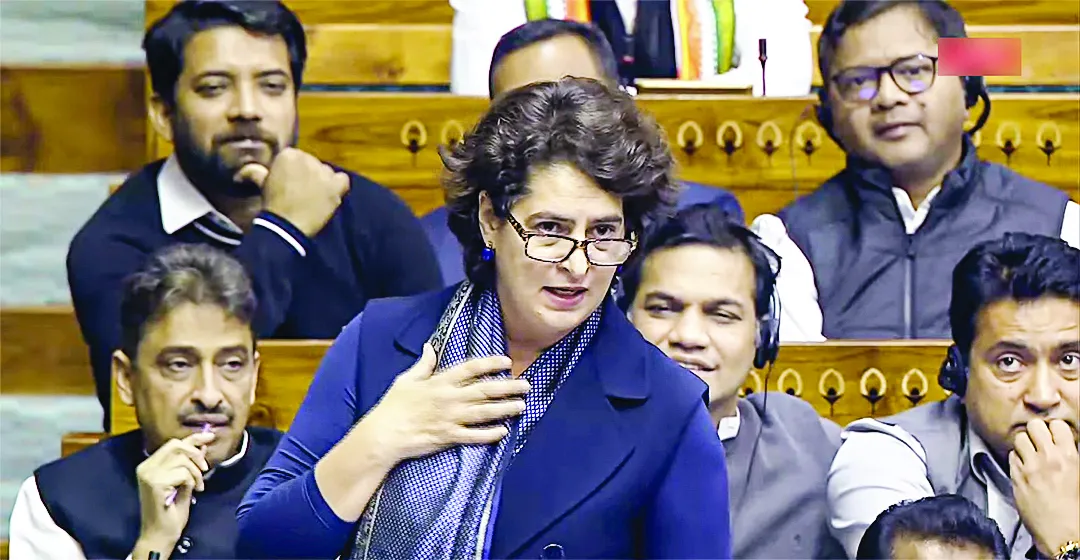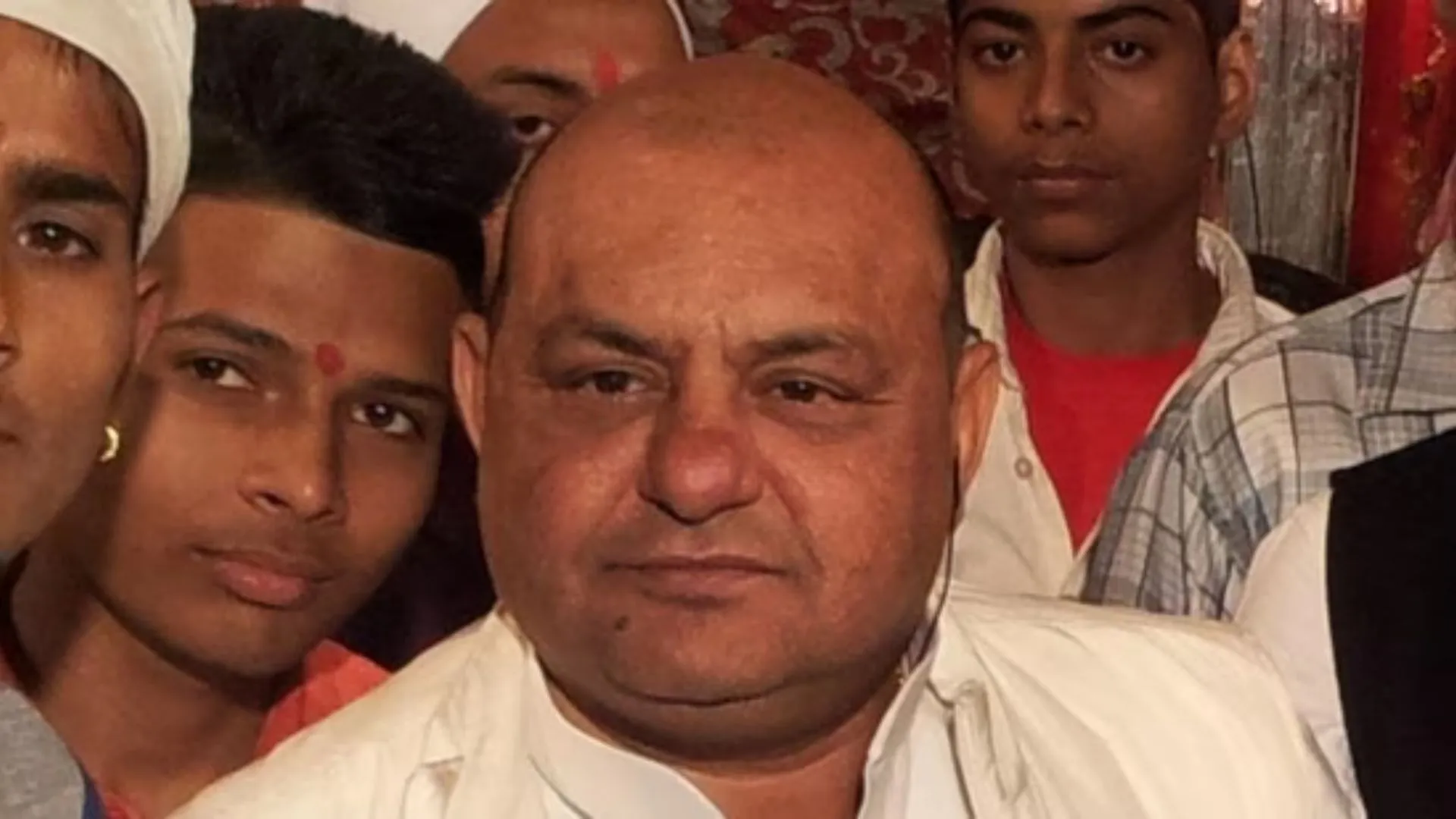The recent recommendation by the Parliamentary Standing Committee on Finance to lower GST on health insurance, particularly for senior citizens, is undoubtedly a step in the right direction. At present, the 18% GST on health insurance serves as a significant barrier to affordability, especially for seniors who often require extensive coverage. Additionally, the lack of a level-playing field in Tax Deducted at Sources (TDS) between public and private insurers further exacerbates the problem, hindering the competitive ability of public insurers.
However, it is crucial to recognize that this measure alone is not sufficient to address the underlying challenges plaguing the health insurance landscape in India. While lowering GST can alleviate some financial burden for policyholders, it does not tackle the fundamental issues undermining the effectiveness and accessibility of health insurance in the country. One of the core challenges lies in the absence of regular testing solutions and reliable underwritable data.
Unlike in many developed countries where insurers rely on comprehensive health data to assess risk and tailor policies accordingly, health insurance providers in India often do not have access to primary health data. As a result, they are compelled to design products that compensate for the uncertainty of the risk involved, leading to higher premiums and limited coverage.
The high cost associated with health insurance premiums further restricts market penetration, particularly among the majority of the population with limited financial resources. Despite efforts by the government to enhance affordability, such as the Ayushman Bharat scheme, significant segments of the population remain underserved due to the prohibitive costs of insurance.
To address these challenges effectively, it is imperative to adopt a multifaceted approach that goes beyond merely reducing GST rates. One crucial aspect involves investing in cost-effective testing solutions that can generate reliable primary health data. By establishing a baseline of primary testing data, insurers can develop more accurate risk assessments, leading to the creation of tailored and affordable insurance products.
Furthermore, there is a pressing need to encourage innovation in the insurance industry to capture larger market segments profitably. This could involve incentivizing insurers to develop solutions that cater to the specific needs of underserved populations, thereby expanding the reach of insurance coverage.
However, it is essential to strike a balance between promoting market-driven solutions and ensuring equitable access to healthcare. While government intervention may be necessary to facilitate affordability and accessibility, overreliance on state subsidies risks burdening taxpayers and undermining the sustainability of healthcare financing.
In conclusion, while the recommendation to lower the GST on health insurance is a positive step, it is essential to recognize that it is only one piece of the puzzle. Addressing the root issues of affordability, accessibility, and reliability in health insurance requires a comprehensive and collaborative effort involving policymakers, insurers, healthcare providers, and other stakeholders. By prioritizing innovation, data-driven solutions, and market-oriented approaches, India can move closer to achieving universal health coverage for all its citizens.
Dr Sabine Kapasi, Co-Founder and MD at Enira Consulting Pvt Ltd., is a well-known Gynaecologist and an IVF specialist with a track record of collaborating with healthcare businesses and projects in both public and private sectors.























